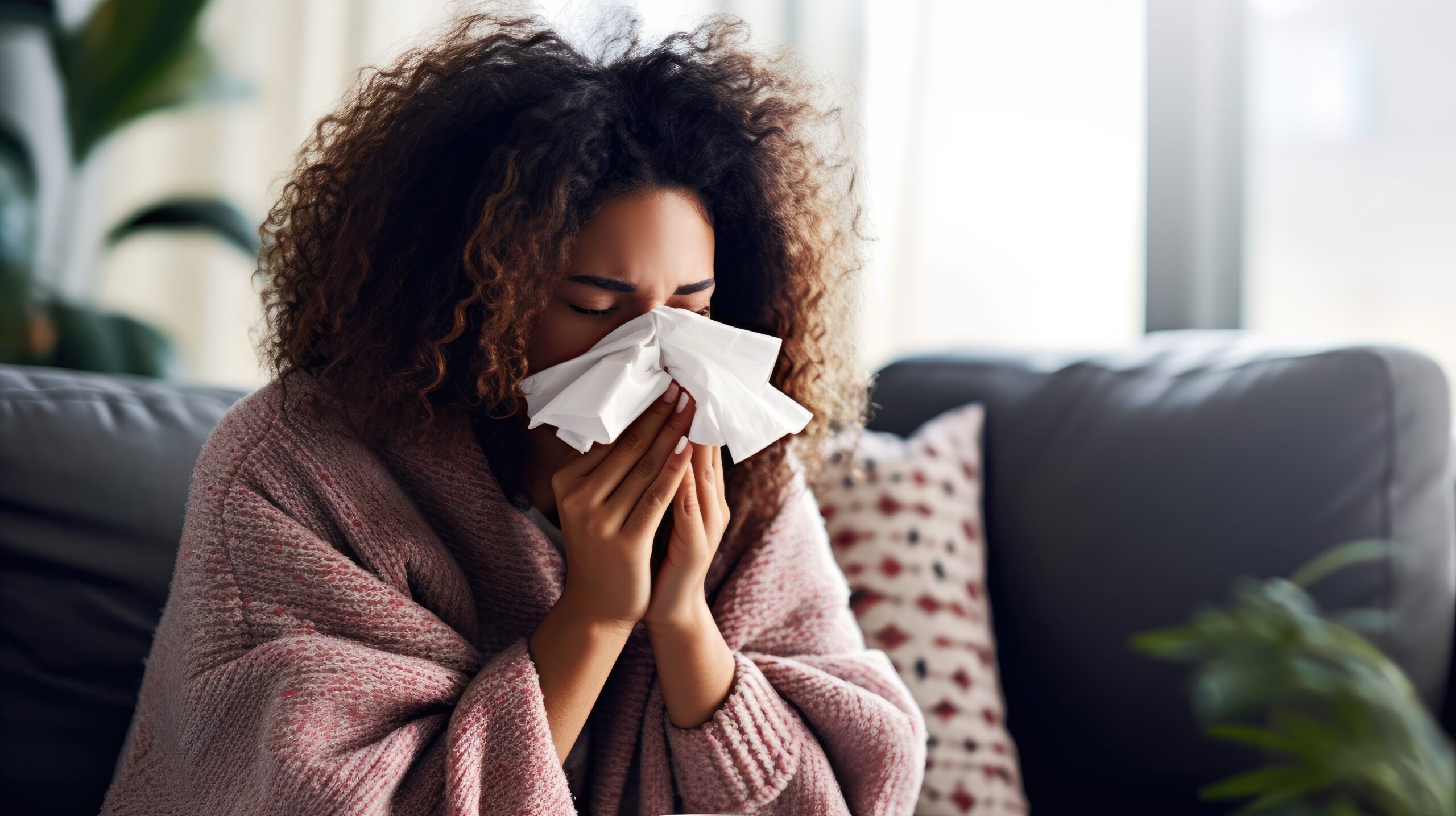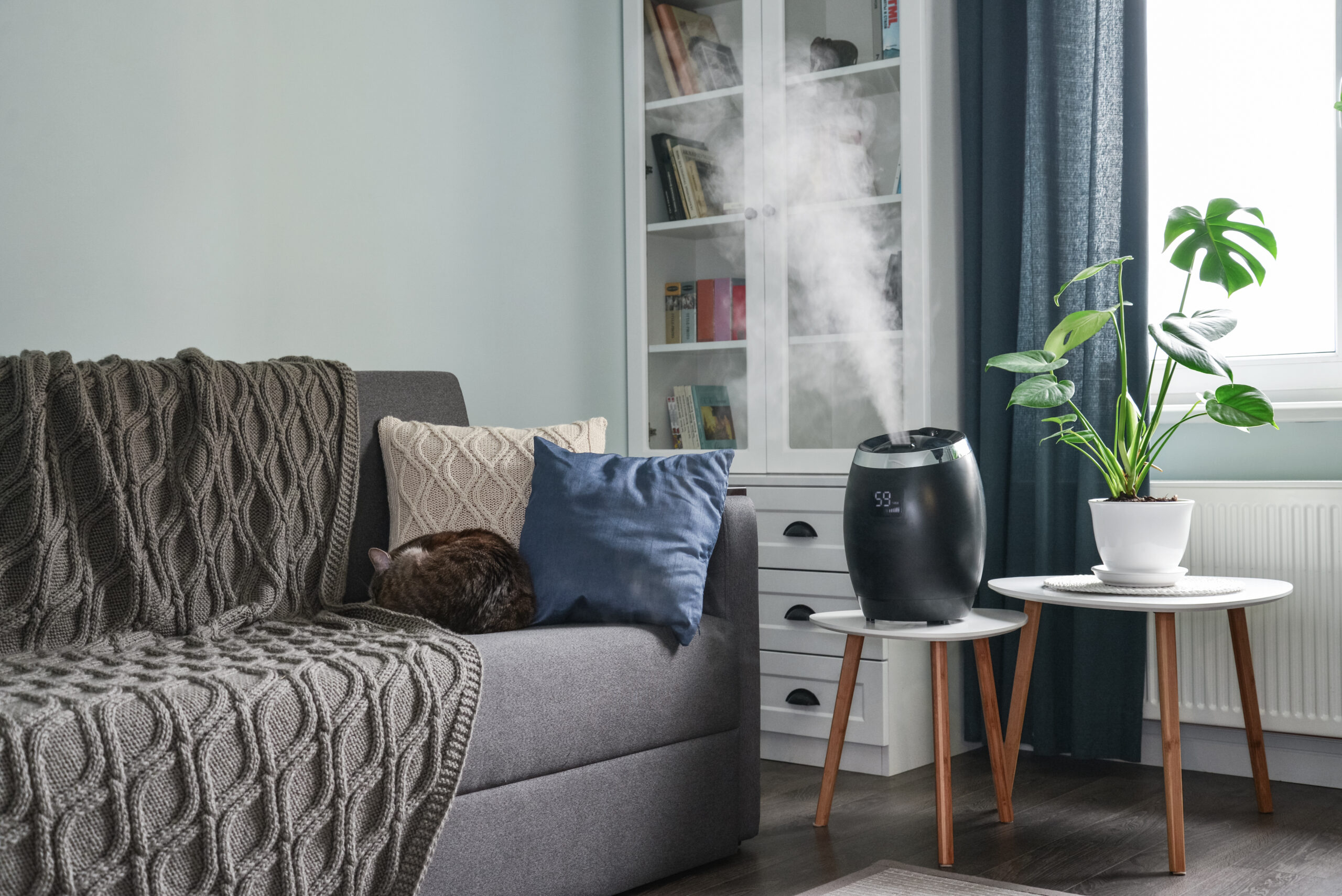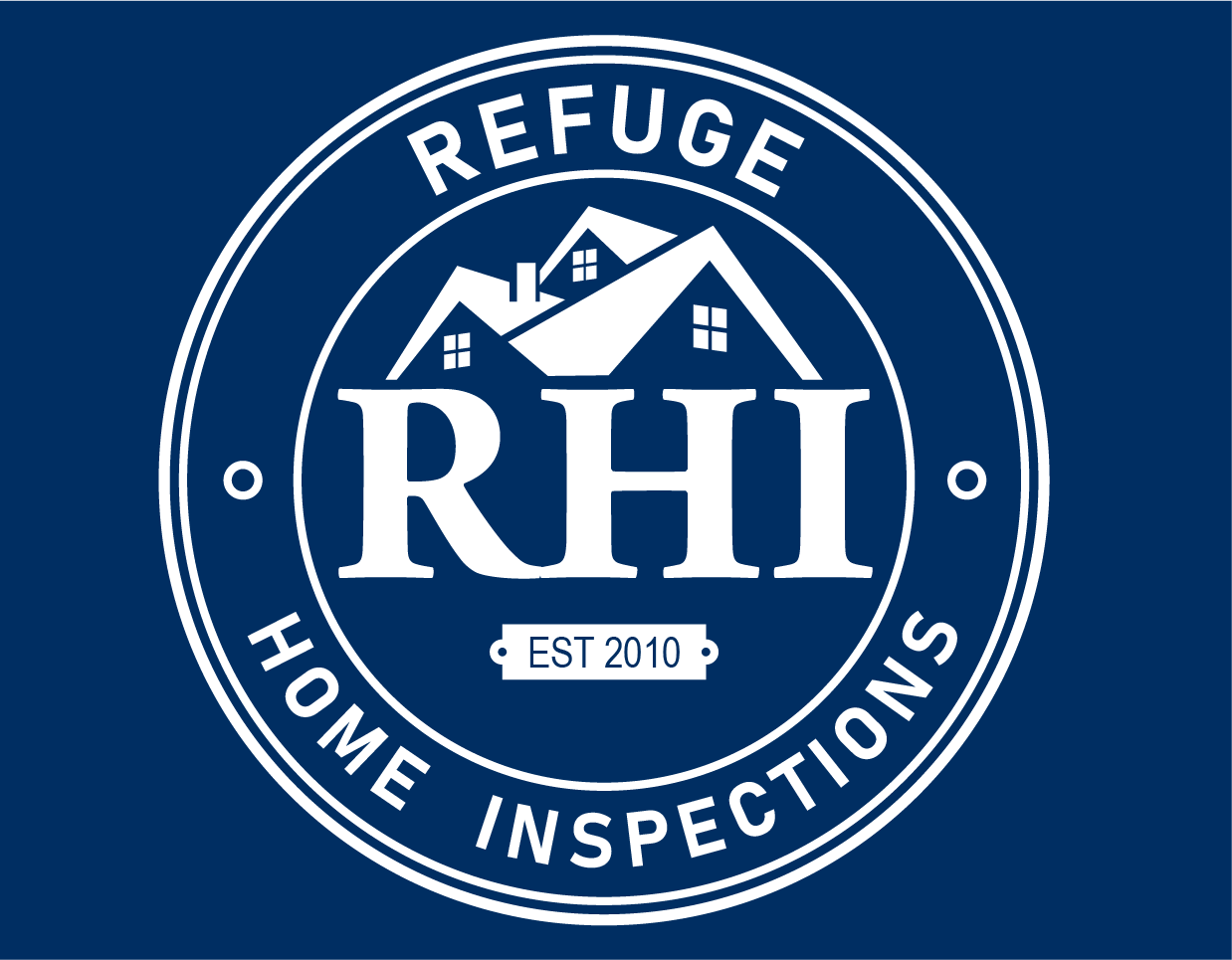As the winter season settles in, people tend to spend more time indoors, seeking warmth and comfort. However, staying cooped up can lead to a decline in indoor air quality, potentially causing respiratory problems and illness.

To ensure a healthy and enjoyable winter season, it’s essential to take steps to maintain excellent air quality in your home.
1. Keep it Well-Ventilated
During the winter, many often tightly seal homes to conserve heat. While this is important for energy efficiency, it can trap indoor pollutants and lead to stale air. To improve ventilation, open windows for a few minutes each day, allowing fresh air to circulate and push out any stagnant air. Make sure to do this during the warmest part of the day to minimize heat loss.
2. Maintain a Clean-Living Space
Regular cleaning is crucial in maintaining indoor air quality. Dust, pet dander, and other allergens can accumulate and contribute to respiratory issues. Vacuum carpets and rugs frequently using a vacuum cleaner equipped with a HEPA filter to effectively capture dust particles. Regularly dust surfaces, including shelves, blinds, and electronics. Don’t forget to clean bedding and upholstery regularly, too.
3. Monitor Humidity Levels
Dry winter air can lead to dry skin, irritated sinuses, and respiratory discomfort. On the other hand, excessive humidity can create a breeding ground for mold and mildew. Maintaining proper humidity levels between 30-50% is ideal.

Use a humidifier to add moisture if it’s too dry, or a dehumidifier to reduce moisture when it’s too humid. Keep an eye on moisture-prone areas such as bathrooms, kitchens, and basements.
4. Change HVAC Filters Regularly
The heating system in homes can circulate dust, pollen, and other pollutants if the filters are dirty or clogged. Change HVAC filters every 1-3 months, or as recommended by the manufacturer, to keep your system running efficiently and maintain clean air. Consider using high-efficiency filters labeled with a MERV (Minimum Efficiency Reporting Value) rating between 8 and 12 to capture smaller particles effectively.
5. Avoid Harsh Cleaning Products
Many conventional cleaning products contain chemicals that can release harmful volatile organic compounds (VOCs) into the air. Switch to environmentally friendly, non- toxic alternatives, or look for cleaning products labeled as “low VOC” or “fragrance-free” to reduce exposure to pollutants. Natural ingredients like baking soda, vinegar, and lemon juice can be highly effective for everyday household cleaning.
If you feel that you would like to understand what is in the air you and your family breathe, RHI Home Inspections can run an air quality test. This test will help clients understand what particles are floating in the air. The results can also show the levels of those particles. This allows homeowners to make informed decisions about next steps for a cleaner environment.
During the winter months, when people spend more time indoors, maintaining good air quality is essential for our overall health and well-being. By ventilating our homes, regularly cleaning, monitoring humidity, changing filters, avoiding smoking, and opting for non-toxic cleaning solutions, we can minimize the risk of respiratory problems and illness. This creates a healthier living environment for us and our loved ones.
